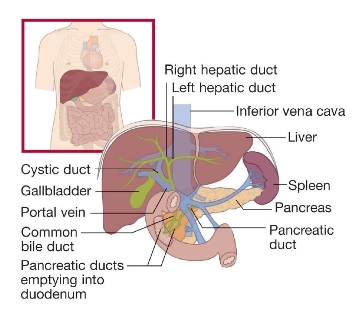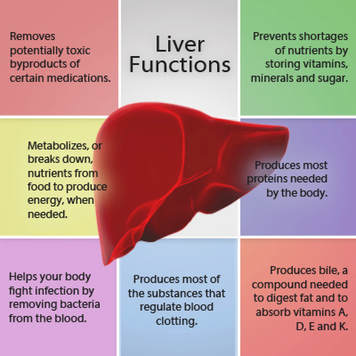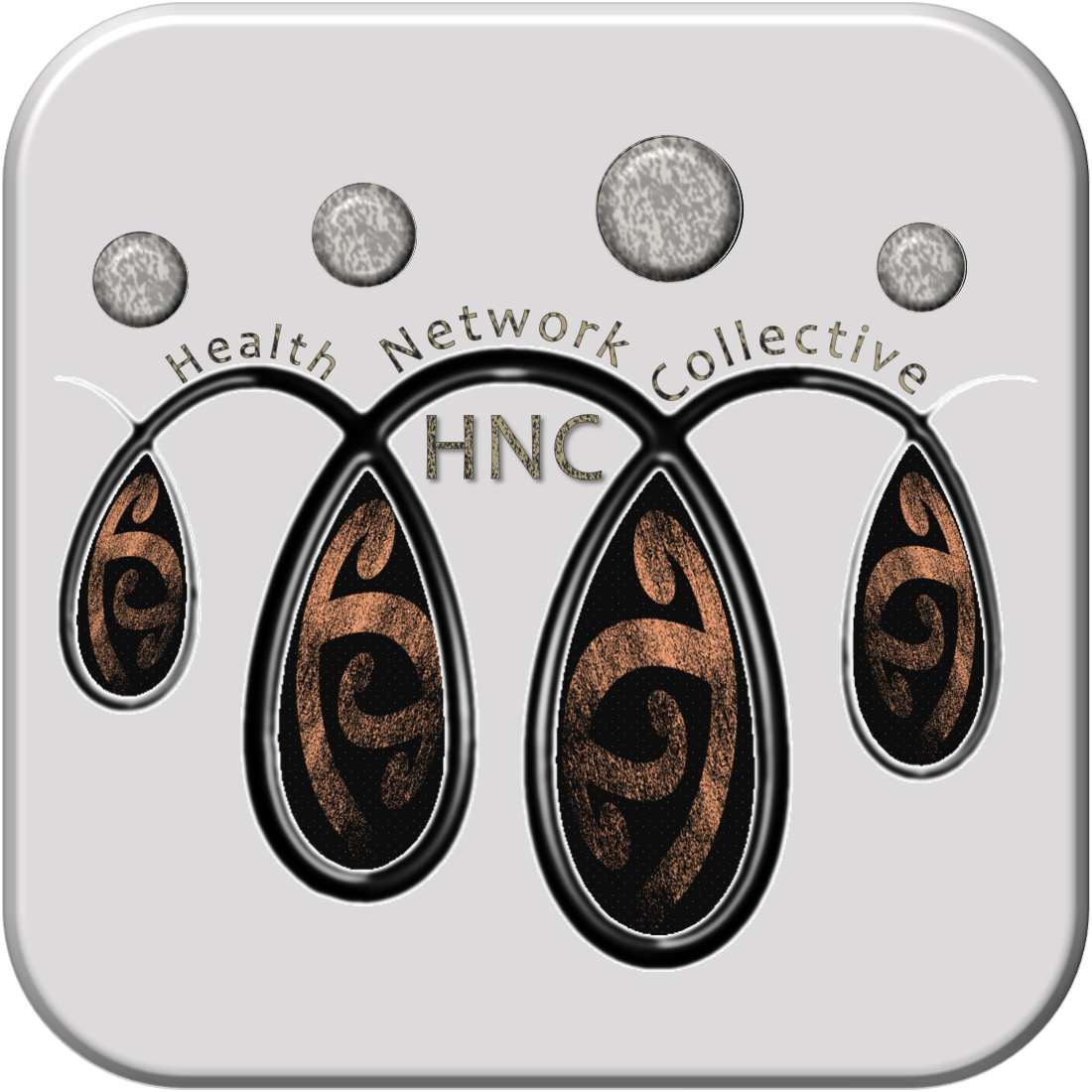Back to: Hepatitis C, an introduction

Our liver is a fascinating thing! Place your right hand just under your ribs on the right side of your body, that almost covers the area your liver takes up. The largest solid organ in our bodies and the largest gland, our liver weighs in at about 1.3kg for women and 1.8kg for men. Our liver, at any given time, contains 13% of our blood volume (that’s around 0.5-0.6 litres) and is busy performing over 500 functions simultaneously
Dark reddish brown in colour and consisting of two (2) main lobes, (smaller left and larger right) the liver is sub-divided into around 100,000 small lobes or lobules. 60% of the liver is made from special liver cells (hepatocytes) that are replaced every 150 days. These cells’ primary role is to absorb nutrients, detoxify, and remove harmful substances from the blood. The liver is an accessory organ that works with our pancreas, gall bladder and other organs as part of our Gastro Intestinal tract process and more

Please watch the following TED-Ed video on “What does the liver do?” in entirety.
Our livers more important functions include, as an overview:
Producing and managing quick energy, when we eat carbohydrates such as bread and potatoes, our body breaks these down into sugars (Glycogenesis) and stores them in the liver and muscles. The liver works with the pancreas to release these back into the blood stream (Glycogenolysis) as energy when we need it. This process becomes very important to understand with diabetic type conditions. Like anything that produces and manages energy, our liver also helps manage waste that is produced. When we digest protein ammonias are released, our liver turns these into urea that we then pee out. Alcohol is converted by the liver into acetate which other tissues in the body can then break down into carbon dioxide and water. Fats are collected and released from the liver as bile (about a litre a day) that is then released into the small intestine where nutrients are absorbed and waste ‘pushed through’.

- our liver filters and remove toxins, including medications and drugs,
- helps break down nutrients and store as energy to release when we need,
- helps in fighting infection by filtering bacteria from the blood,
- produces most of the essential substances that regulate blood clotting,
- Helps digest fats,
- absorbs some essential vitamins,
- produces most of the proteins we need for our body and health
- helps prevent shortages of vitamins, minerals and sugars by storing and releasing as needed
In better understanding the role the liver has in our day to day living and health maintenance, you should be starting to understand how much of an impact the inflammation of the liver caused by HCV has on the body and our health. In the case of chronic asymptomatic HCV infections, the impact of slow gradual onset of disease on the liver has the same slow gradual effect on the body and its functions from the inability of the liver to function at 100%.
The addition of persistent and constant toxins from drug and or alcohol abuse, and the possible lack of adequate nutrition and poor health often associated with such abuse, really increases the odds of poor health, illness, and increased need for eventual long term medical cares.
